As America navigates political uncertainty and social upheaval, D.C. faith leaders are turning their attention inward—toward a quieter, yet equally pressing crisis: reconnecting young people with the church. Once a cornerstone of community, moral guidance, and civic leadership, the modern church now faces dwindling youth participation. In response, local clergy, activists, and mentors are taking bold steps to reverse the tide, challenging institutional norms and fostering intergenerational collaboration.
A Call to the Next Generation
At the heart of this revival movement is a message of inclusion and value. During the D.C. Emancipation Day Speakout on April 16 at Metropolitan AME Church, Rev. Tony Lee of Community Hope AME Church issued a powerful appeal to young people.
“Let’s go and have an honest conversation… tell them how much we need them, how valuable they are, and how much they have to offer,” said Lee. “We’re not going to be able to have longevity for this movement if we don’t get these young brothers and sisters to the table.”
Lee’s words reflect a growing consensus: the future of the church—and by extension, the broader social justice movement—rests in the hands of today’s youth. But first, the church must reckon with why so many young people have turned away.
Why the Disconnect?
The reasons are complex. Some cite changing family dynamics, declining religious literacy, and the broader cultural drift from organized religion. Others point to deeper issues of institutional failure.
“Young people have been saying with their actions and their words that our institutions are not addressing their concerns or taking their perspectives seriously,” said Jeanné Lewis, CEO of Faith in Public Life. “There is an opportunity for growth—for institutional leaders and for young people.”
Lewis argues that building a bridge between generations requires not only listening, but adapting. Values like justice, forgiveness, and compassion must be applied in ways that speak to modern realities—including racial inequality, political unrest, and youth-led activism.
Family First: The Foundation of Faith
Father Robert Boxie, chaplain of Howard University and a priest with the Archdiocese of Washington, traces the shift back to the erosion of family faith practices.
“When I was growing up, church was just what we did,” Boxie said. “Now, many children grow up in households where faith simply isn’t part of daily life.”
Boxie reflects on a time when biblical literacy was common—when children knew the stories of Genesis, the Ten Commandments, and Noah’s Ark. Today, that shared understanding is fading, and with it, the moral foundation that often drew young people to spiritual life.
The ‘Perfect Storm’: Culture, Schools, and Home
Youth mentor and fitness advocate Greg Raleigh believes multiple forces are at play: economic limitations, underfunded schools, and disengaged parenting.
“What can you say if the city tells us we’re limited, and then the schools tell us we’re limited, and then the parents aren’t as active as they should be in teaching it?” asked Raleigh. “You see the perfect storm.”
To combat that, Raleigh—who leads programs like Food for Fuel and True-Voices—focuses on instilling spiritual self-awareness in kids, especially during formative years.
“By about the time they get to 12, [kids have] lost all hope,” he said. “And I can tell kids that the power of hope is founded in your development of the spiritual side of your life.”
Hope Through Action and Representation
At the Thea Bowman Catholic Student Center at Howard University, Father Boxie empowers students by placing them in leadership roles—whether through service, ministry, or community events. The results, he says, are encouraging.
“There is a thirst among young people. They want to know their lives have meaning. And I believe only a relationship with God can fulfill that desire,” Boxie explained.
Raleigh agrees but warns that churches must also reconcile their teachings with the realities youth face. When media and entertainment glorify violence and selfishness, and churches fail to provide meaningful alternatives, the result is confusion and alienation.
Bridging Generational Gaps with Leadership
A common theme among faith leaders is the need to transition leadership to younger generations. Too often, they say, longstanding church leaders are reluctant to share the stage—or the pulpit.
“We need to be honest enough to admit that’s not just a church issue,” said Rev. Lee. “Young people don’t see themselves in civil rights organizations, in leadership, on the stage… so they don’t see a space for themselves.”
Leadership turnover, intentional mentorship, and youth-led initiatives are now being embraced as strategic imperatives, not afterthoughts.
Faith as a Tool for Justice and Transformation
For Jeanné Lewis and her interfaith coalition, the connection between faith and public life is essential. She argues that faith communities must take a stand against political violence, exclusion, and discrimination.
“When our leaders misuse power or threaten democracy, our faiths teach us how to resist,” she said. “Our traditions are rich with teachings that guide us—but only if we apply them to real-life situations.”
Whether advocating for immigrants, LGBTQ+ youth, or racial justice, Lewis believes that inclusive spiritual spaces can serve as safe harbors for change.
A New Model of Church: Community-First Approach
Looking forward, both Raleigh and Boxie envision churches expanding their reach—not just spiritually, but practically. They suggest building facilities that offer more than Sunday services: fitness centers, community health clinics, sports leagues, and summer events where faith is gently introduced.
“Lower the defenses,” Raleigh said. “Meet them where they are. Then show them what spirituality can do.”
This community-centric approach echoes the activism of past generations, when churches were hubs of civil rights strategy, civic engagement, and collective empowerment.
A Sacred Responsibility
Despite the challenges, the message from D.C.’s faith leaders is hopeful—and clear: the church is far from obsolete. But its survival depends on transformation.
“We have a duty and a responsibility, not only as people of faith, but as citizens, to take care of one another,” Boxie concluded. “To the young people: don’t get discouraged. What you’re doing is sacred work. It’s holy work. And it’s the kind of work I believe the Lord himself would be doing—right alongside you.”
Through honesty, collaboration, and a renewed commitment to inclusion, D.C. churches are not just praying for change—they’re preparing for it.

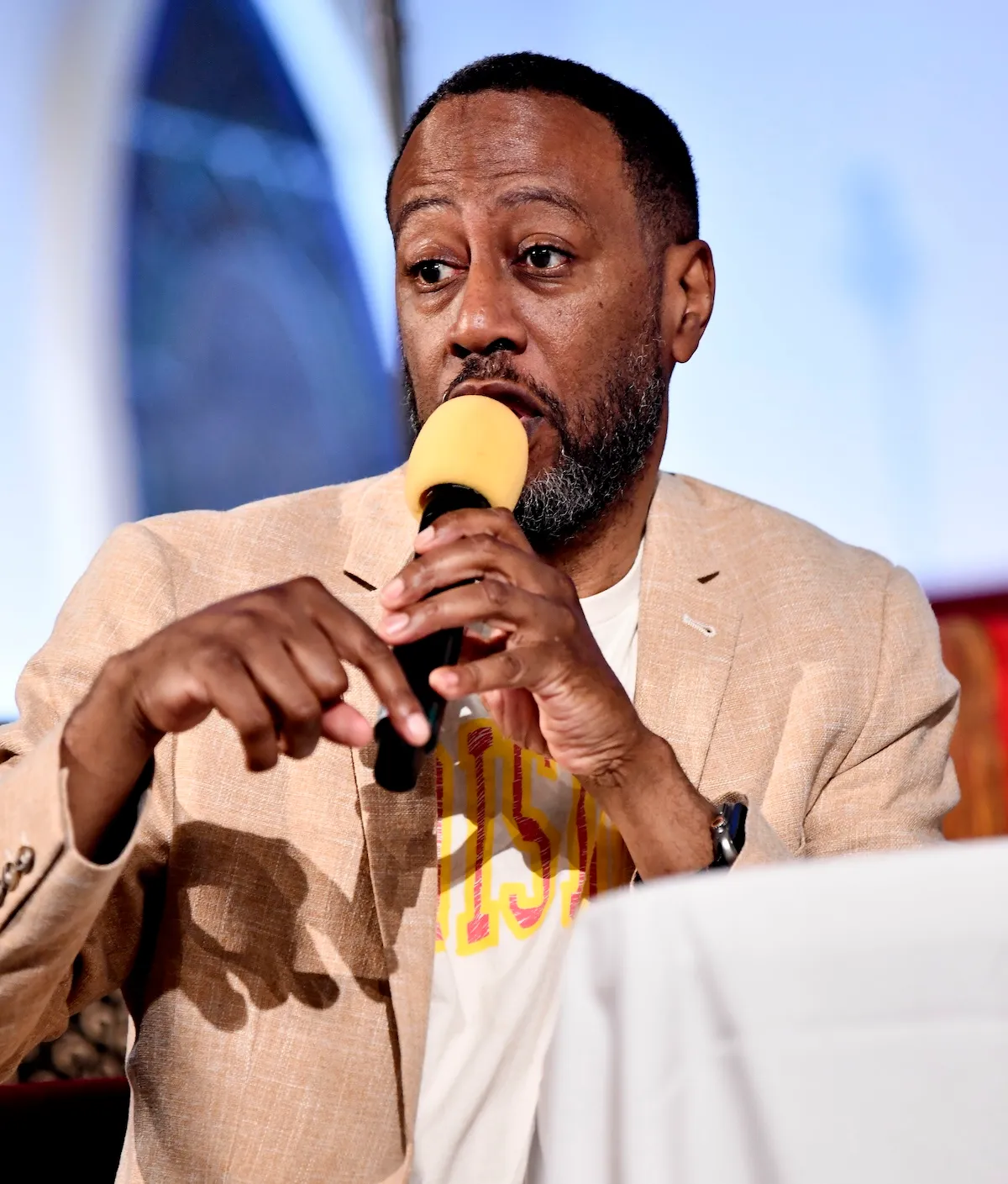

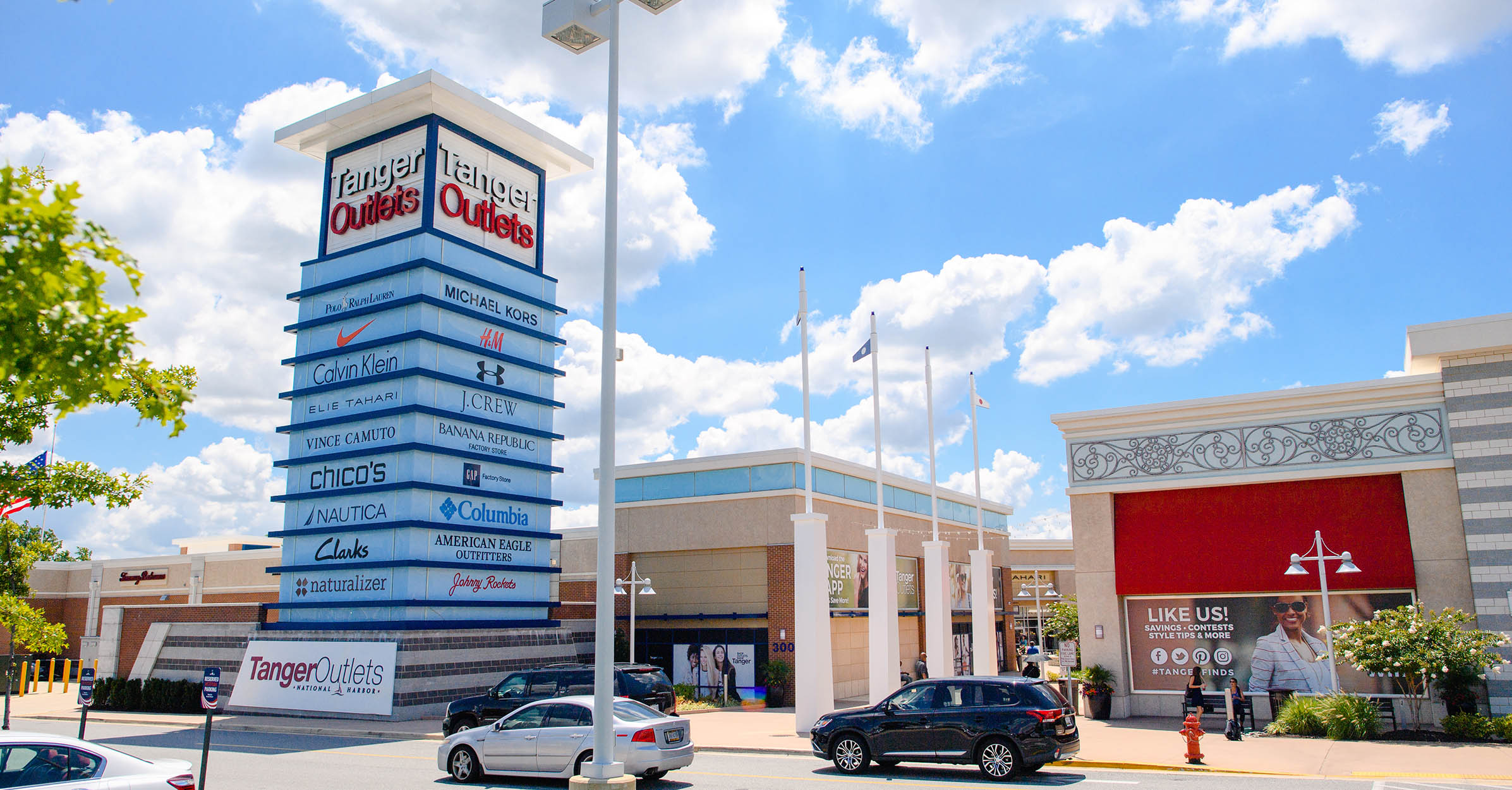
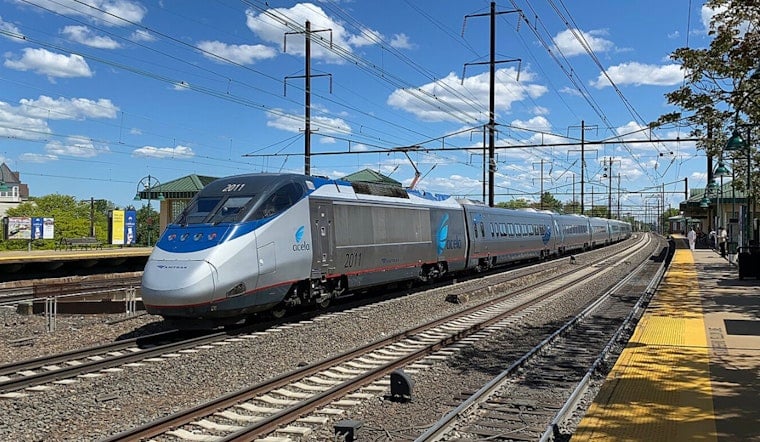

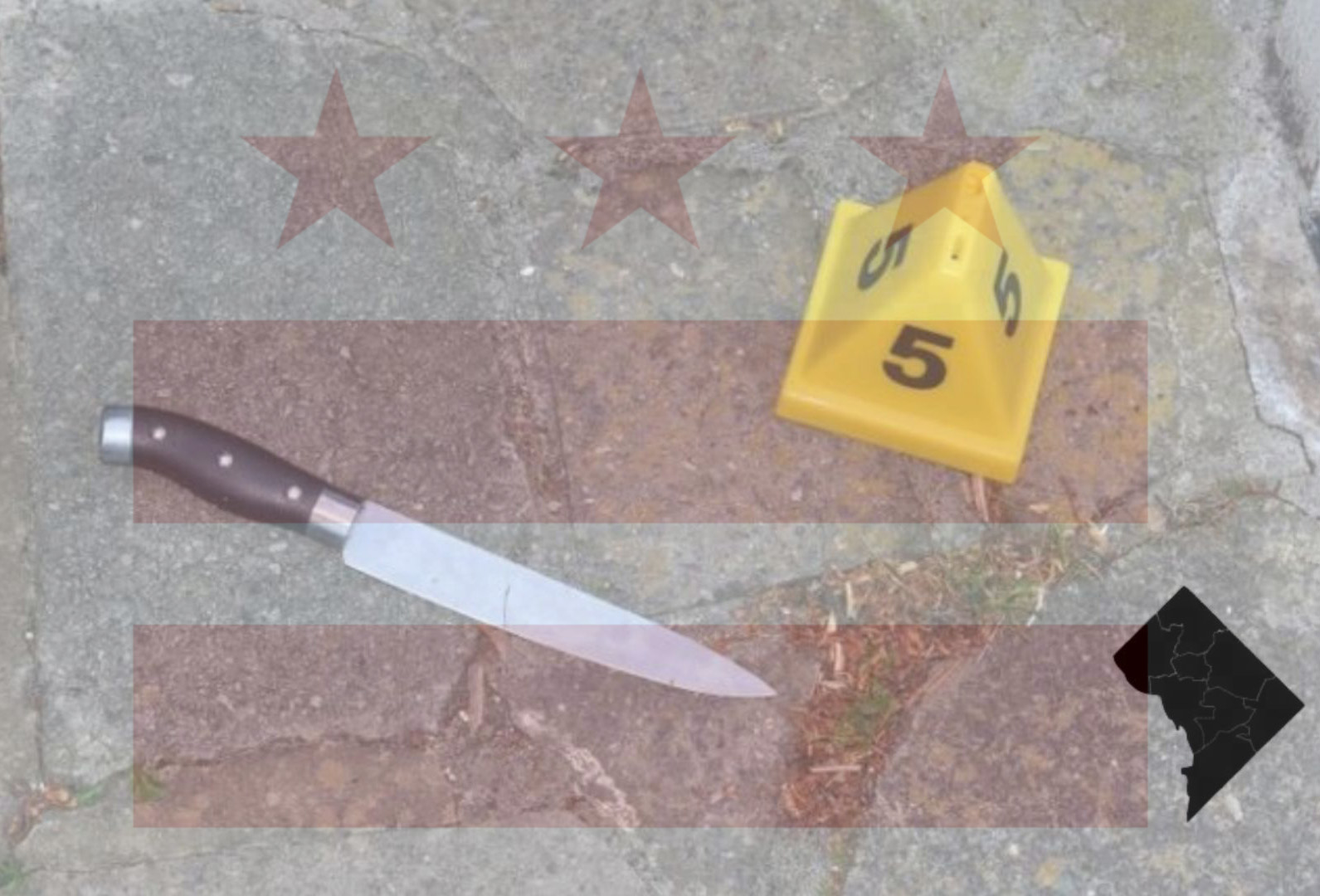
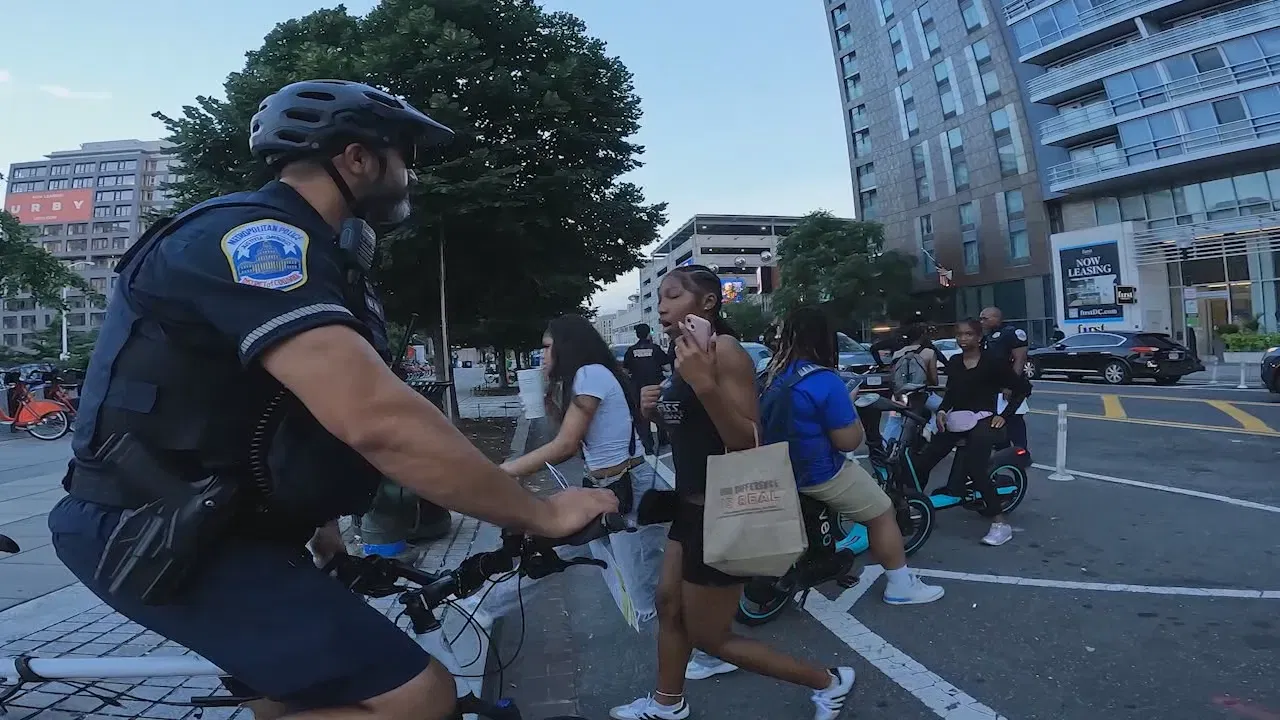
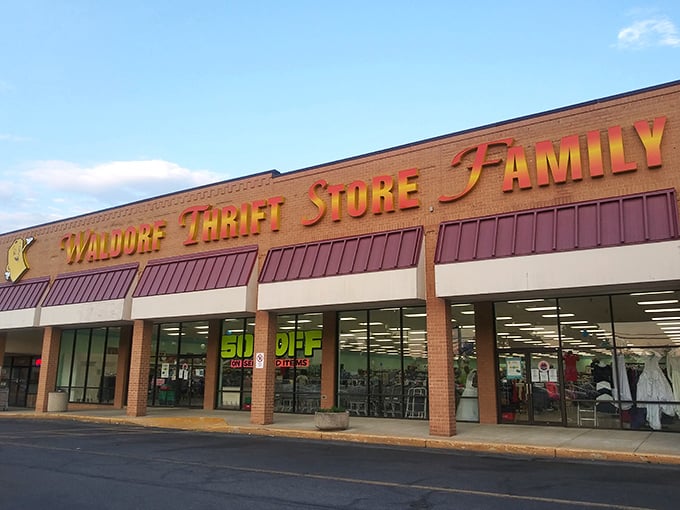
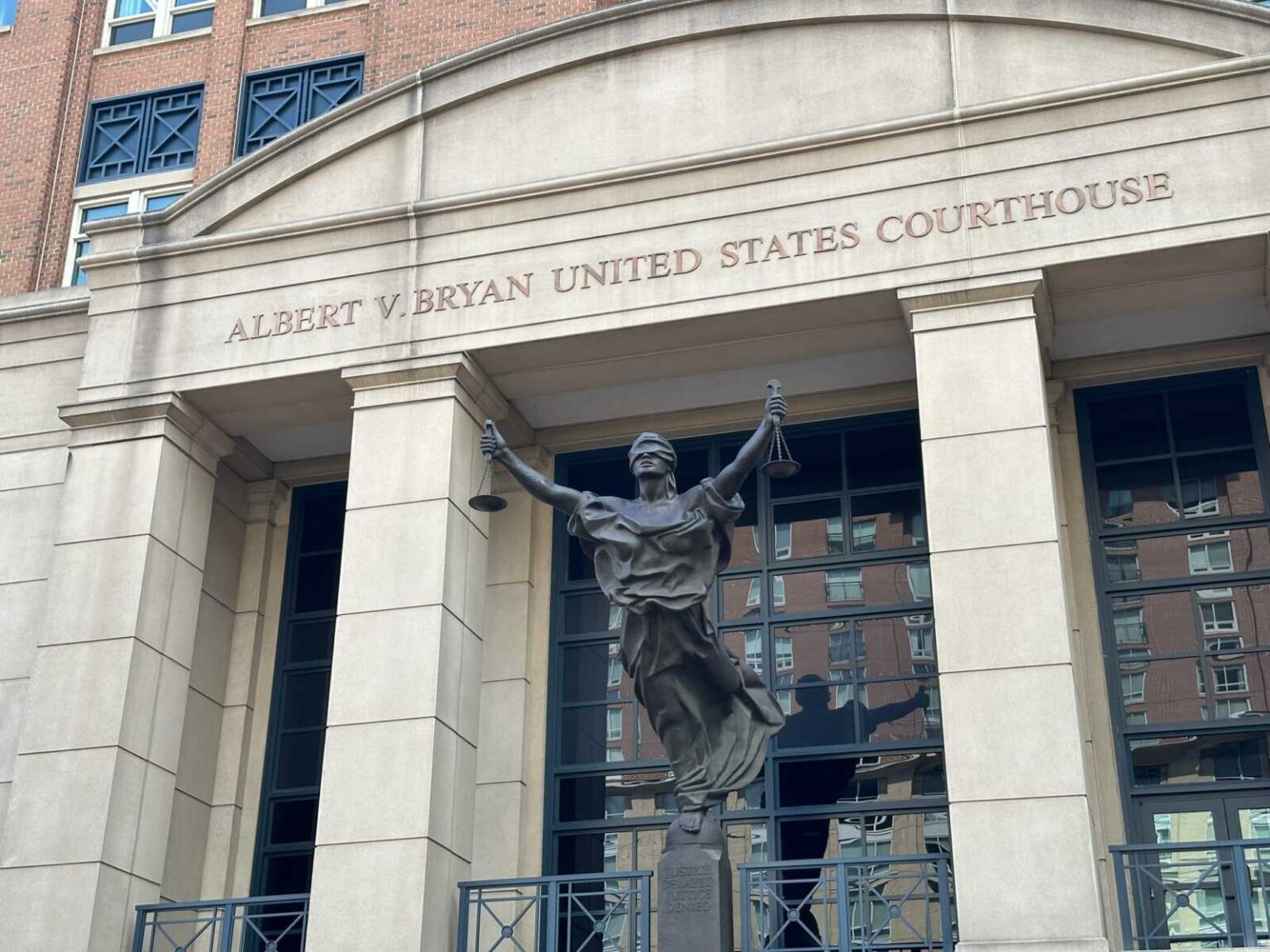
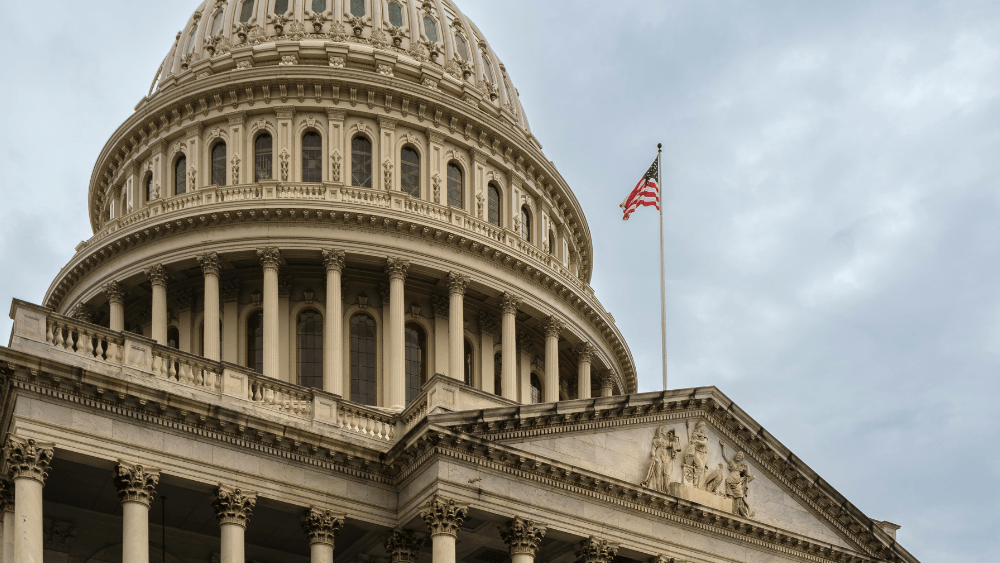


Leave a Reply